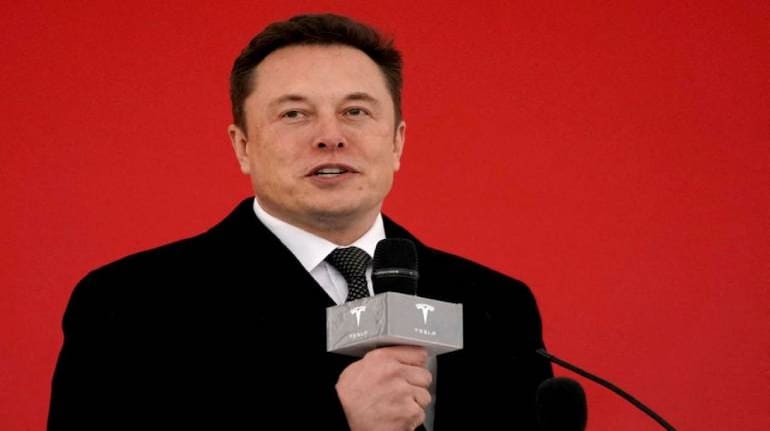



Billionaire Elon Musk on November 30 sounded his concern over the arrival of a "severe recession" in the US. The Tesla and Twitter CEO took to Twitter to say that Federal Reserve needs to cut interest rates “immediately" to stop the recession.
Terming the current trend as "concerning", Musk added that Fed is "massively amplifying the probability of a severe recession."
He was replying to a tweet by Tasmanian co-founder Vincent Yu.
Trend is concerning. Fed needs to cut interest rates immediately. They are massively amplifying the probability of a severe recession.— Elon Musk (@elonmusk) November 30, 2022
To this, Musk replied, "Exactly."
The comments by Musk come on the day when Federal Reserve Chair Jerome Powell is scheduled to give a speech at the Brookings Institution in Washington later tonight on the US economic outlook and the labour market.
ALSO READ: Elon Musk criticises Apple's App Store fee policy but is it warranted?
Meanwhile, the Fed has raised its policy rate by 375 basis points this year, taking the overnight borrowing rate to a target range of 3.75-4 percent. This is the fastest pace of tightening since the early 1980s as it tries to quash stubbornly high inflation. By the central bank's preferred measure, inflation is running at more than three times the Fed's target.
Investors overwhelmingly anticipate the Fed to raise its policy rate by half a percentage point at its next policy meeting on December 13-14.
Also, recently, St. Louis Fed President James Bullard expressed that the Fed needs to raise interest rates quite a bit further and then hold them there throughout next year and into 2024 to gain control of inflation and bring it back down toward the US central bank's 2 percent goal.
"We've got a ways to go to get restrictive," Bullard said in an interview with MarketWatch, as he restated his conviction that the Fed's target policy rate needs to rise to at least a range between 5.00% and 5.25% from the current level of 3.75%-4.00% to be "sufficiently restrictive" to reduce inflation.
(With inputs from agencies)
Discover the latest Business News, Sensex, and Nifty updates. Obtain Personal Finance insights, tax queries, and expert opinions on Moneycontrol or download the Moneycontrol App to stay updated!
Find the best of Al News in one place, specially curated for you every weekend.
Stay on top of the latest tech trends and biggest startup news.